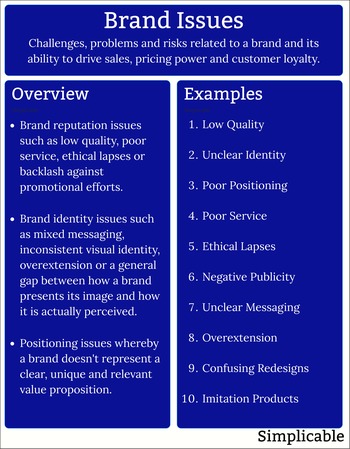
Games
Games are often designed to be winner-take-all such that you either win or lose.Negotiation
Win-lose is considered a style of negotiation whereby some negotiators will only close a deal if they feel that they have won and the other side has lost. For example, an employer who will only hire when they feel a candidate has negotiated poorly and the salary is below market. This can have negative consequences such as a failure to obtain the most talented candidates by focusing on "winning."Markets
It is common for most of the market share for a product or service to go to the top three firms. As such, business is often win-lose as hundreds of firms may compete in an industry with two or three emerging with most of the profits.Business Practices
Practices that improve sales at the expense of the customer. For example, the use of a dangerous pesticide can be viewed as win-lose because it may increase yield but many customers would prefer their food not be exposed to a dangerous chemical. It should be noted that a safe pesticide could benefit the customer by reducing prices.Trade
Trade is usually win-win as it allows countries to produce goods where they are efficient and buy goods where they are inefficient. However, scenarios can be found where trade is win-lose. For example, a nation that subsidizes a firm may cause competitors in foreign countries to go out of business. This may allow the firm to increase prices and enjoy a great deal of market power that can harm competition on a global basis.Environment
A firm or individual who profits at the expense of the environment. This is a win for an individual and loss for everyone else. For example, a trucking company that purchases old diesel trucks that have unusually high particulate emissions but are extremely cheap because most of the competition is making efforts to reduce their environmental impact.Office Politics
A win-lose style of office politics seeks rewards, authority and status by diminishing the competition. For example, a manager who seeks a promotion by discrediting the reputation of peers and superiors to take their power. This is not tolerated in some corporate cultures. It can also be high risk as you can expect people to hit back at you.Malicious Compliance
Malicious compliance is an individual who gains a sense of power and authority by using their position to harm others while technically staying within the rules. For example, a customs agent who delights in diminishing people using rules designed for security, immigration and import control. This is a win for the individual who gains a sense of power and a loss for everyone else, particularly the nation being represented by the customs agent. It should be noted that malicious compliance could be used for some type of positive goal.| Overview: Win-Lose | ||
Type | ||
Definition | A style, situation or strategy that sees one side gain at the expense of others. | |
Related Concepts | ||






























